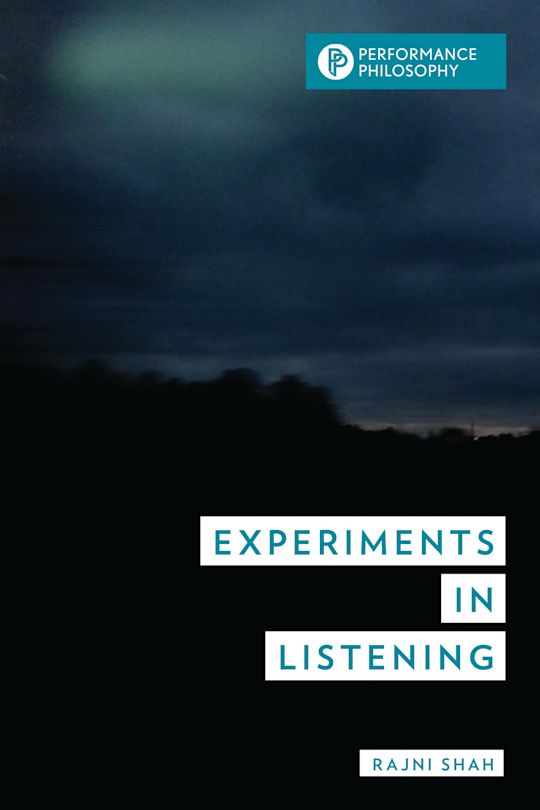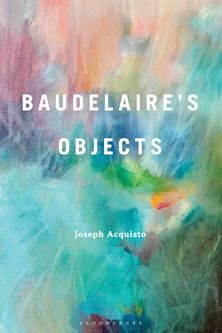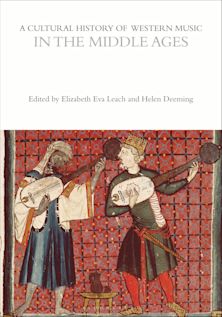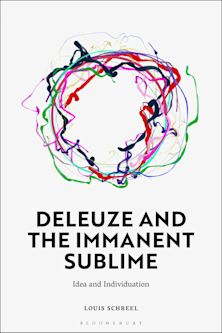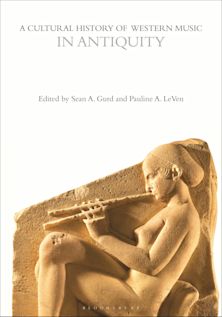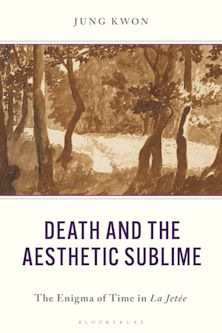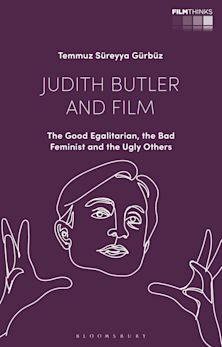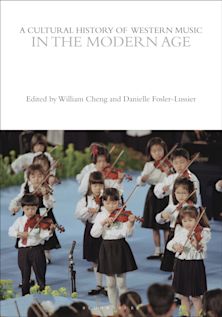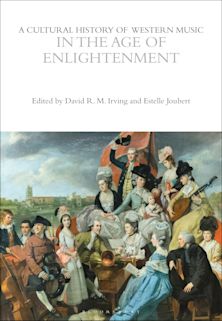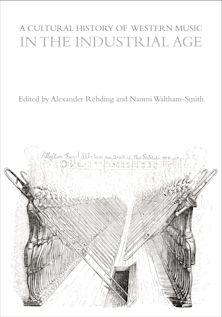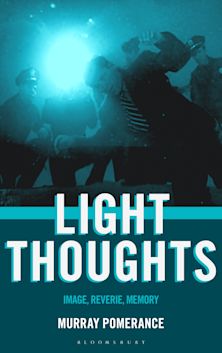For information on how we process your data, read our Privacy Policy
Description
Through an exploration of both practice and theory, this book investigates the relationship between listening and the theatrical encounter in the context of Western theatre and performance. Rather than looking to the stage for a politics or ethics of performance, Rajni Shah asks what work needs to happen in order for the stage itself to appear, exploring some of the factors that might allow or prevent a group of individuals to gather together as an ‘audience’.
Shah proposes that the theatrical encounter is a structure that prioritises the attentive over the declarative; each of the five chapters is an exploration of this proposition. The first two chapters propose readings for the terms ‘listening’ and ‘audience’, drawing primarily on Gemma Corradi Fiumara’s writing about the philosophy of listening and Stanley Cavell’s writing about being-in-audience. The third chapter reflects on the work of Lying Fallow, the first of two practice elements which were part of this research, asking whether and how this project aligns with the modes of listening that Shah has proposed thus far, and introducing Eve Kosofsky Sedgwick’s writing about the preposition ‘beside’ in relation to being-in-audience. In the fourth chapter, Shah examines the role of the invitation in setting up the parameters for being-in-audience, in relation to Sara Ahmed’s writing about arrival and encounter. And in the final chapter the second practice element, Experiments in Listening, operates to expand our thinking about where and how the work of being-in-audience takes place.
Blending the boundaries of theoretical, creative and practice-based artistic work, this book is accompanied by a series of five zines. These describe an embodied experience of knowledge from a personal perspective, both playfully and seriously following a line of enquiry developed in each of the chapters.
Table of Contents
0.1. Influences
0.2. Contexts and key terms
0.3. How to read this book
Chapter One: Listening
Prelude
1.1. Root structures
1.2. Constructing listening
1.3. Accommodating otherness
Chapter Two: Audience
Prelude
2.1. Doing nothing
2.2. Performing silence
2.3. The choreography of attention
Chapter Three: Gathering
Prelude
3.1. Theatre without a show
3.2. Resisting visibility
3.3. Failing to declare oneself
Chapter Four: Invitation
Prelude
4.1. How we arrive
4.2. The invitational frame
4.3. An appropriate response
Chapter Five: Encounter
Prelude
5.1. Experiments in Listening
5.2. Listening to form
5.3. Being in audience to listening
5.4. Passing as friends
Conclusion
Appendix 1: Lying Fallow
Appendix 2: Experiments in Listening
Bibliography
Index
Product details
| Published | Jun 17 2021 |
|---|---|
| Format | Ebook (Epub & Mobi) |
| Edition | 1st |
| Extent | 280 |
| ISBN | 9781538144305 |
| Imprint | Rowman & Littlefield |
| Illustrations | 4 b/w illustrations; 6 colour photos; |
| Series | Performance Philosophy |
| Publisher | Bloomsbury Publishing |
Reviews

ONLINE RESOURCES
Bloomsbury Collections
This book is available on Bloomsbury Collections where your library has access.









